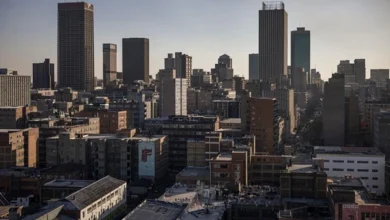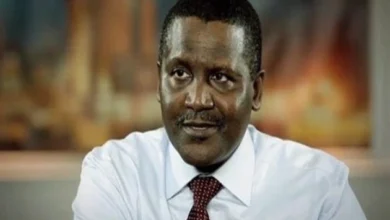South Africa: Barack Obama tackles Donald Trump in his homage to Mandela

Former US President Barack Obama on Tuesday targeted the “strong man’s policy” in his speech on the occasion of Nelson Mandela’s 100th anniversary celebrations, urging people around the world to respect human rights and other endangered values.
Without mentioning the name of the current tenant of the White House, Barack Obama condemned the policies of the US president, stressing that the values Nelson Mandela worked for, including democracy, diversity and tolerance, must be preserved.
“Given the uncertain and strange times in which we live, the information brings every day their lot of disturbing titles that make the head spin,” said the former US president at the beginning of his speech.
He also publicly rejected the “politics of fear and resentment” and that of “strong men” without forgetting the politicians who “just lie”.
“Politics seem to reject the concept of objective truth, people invent. You have to believe in the facts.”
“I can not find common ground with someone who says that climate change does not exist, when all scientists say the opposite.”
Recall that one of Donald Trump’s first decisions after his inauguration was to withdraw the United States from the Paris Climate Agreement.
Regarding immigration policy, Barack Obama has again attacked Donald Trump
Adding that “it is not wrong to insist that national borders matter(…) but that can not be an excuse for race-based immigration policies.”

His words were enthusiastically received by a crowd of about 14,000 gathered at Wanderes Stadium in Johannesburg.
“Just by standing on the podium in honour of Nelson Mandela, Barack Obama sent a strong rebuke to Trump,” said John Stremlau, professor of international relations at the University of the Witwatersrand in Johannesburg.
This is Obama’s first visit to Africa since leaving office in 2017. He visited Kenya earlier this week to visit his family.
Obama’s speech also focused on how the 27-year-old Nobel Peace Prize laureate continued his campaign against what appeared to be insurmountable obstacles to ending apartheid, the harsh system of the white minority in South Africa.
Nelson Mandela, who became South Africa’s first black president, died in 2013, leaving a powerful legacy of reconciliation and diversity and resistance to economic and other inequalities.
Many South Africans consider Obama a successor to Mandela because of his revolutionary role and his support for racial equality in the United States and around the world.




